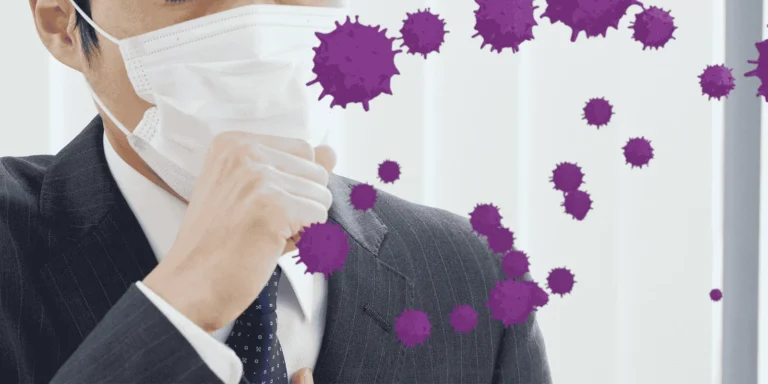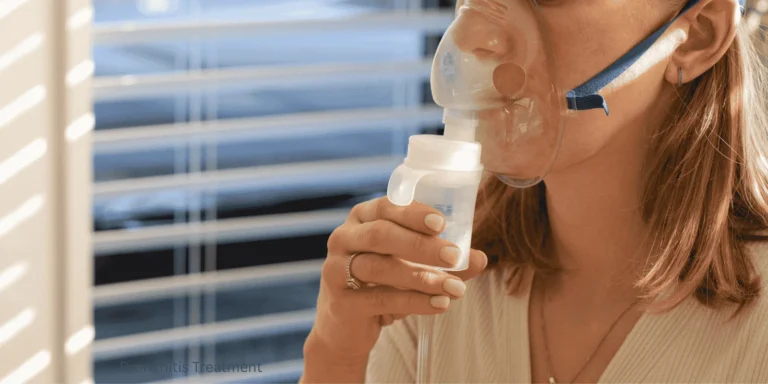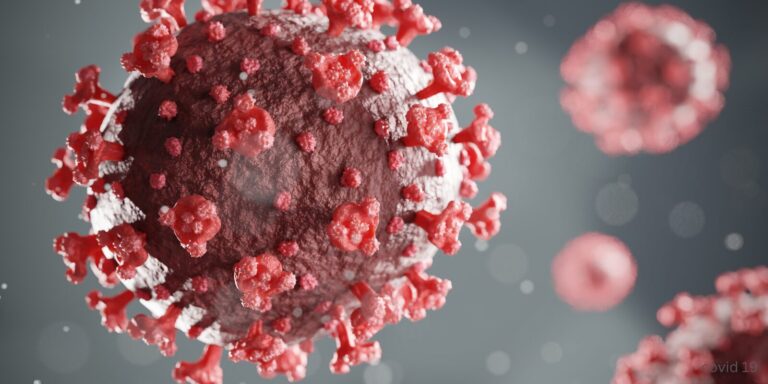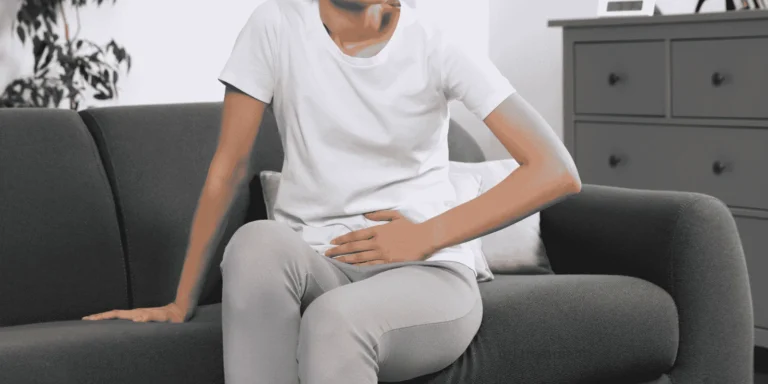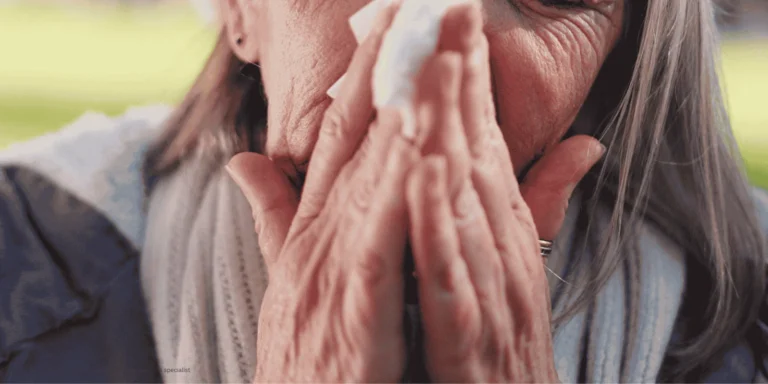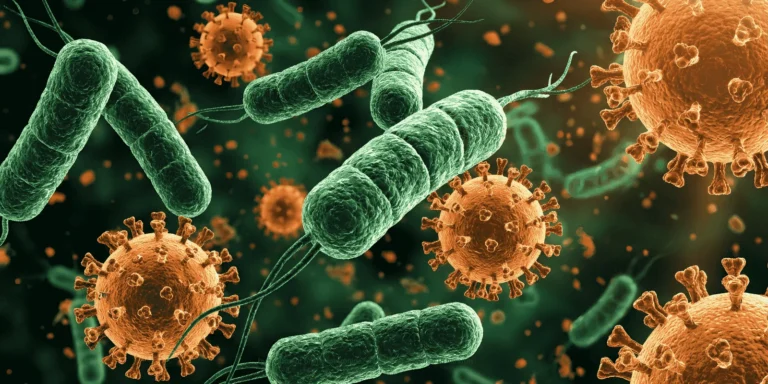Eczema creates a vicious cycle – your skin itches, you scratch, the barrier breaks down, and bacteria move in. I’ve seen plenty of patients whose well-managed eczema suddenly flares into a painful infection, and it almost always starts with scratching.
Why eczema skin gets infected so easily:
Your skin normally acts as a fortress against bacteria. Eczema damages this barrier, creating tiny cracks and fissures that bacteria exploit. Staphylococcus aureus particularly loves eczema skin – it’s found on the skin of 90% of eczema patients compared to just 5% of people without eczema.
When you scratch, three things happen simultaneously. You damage the skin further, you introduce bacteria from under your fingernails, and you create warm, moist areas where bacteria thrive.
Signs your eczema is infected:
Yellow or honey-colored crusting on your eczema patches means bacteria are present. This crusty appearance is often the first obvious sign.
Increased oozing or weeping from eczema areas signals infection rather than just inflammation. The fluid may look cloudy or have an unpleasant odor.
Worsening redness that spreads beyond your usual eczema patches indicates spreading infection. The skin around infected areas often feels warm to touch.
Pain rather than just itching develops when infection sets in. Eczema itches, but bacterial infection adds genuine pain.
Fever, chills, or feeling generally unwell means the infection is more serious and spreading systemically.
Small, pus-filled bumps appearing on or around eczema areas show active bacterial growth.
Common bacterial infections in eczema patients:
Impetigo is the most frequent culprit – a highly contagious skin infection causing those characteristic honey-colored crusts.
Cellulitis develops when bacteria spread deeper into skin tissues, causing painful, swollen, red areas that feel hot.
Folliculitis occurs when bacteria infect hair follicles in eczema-affected areas, creating small, painful bumps.
Prevention strategies:
Keep eczema under control with consistent moisturizing and prescribed treatments. Well-managed eczema has fewer cracks for bacteria to enter.
Trim nails short and keep them clean. Long nails harbor more bacteria and cause deeper scratches.
Apply moisturizer immediately after bathing while skin is still damp. This seals in moisture and reinforces your skin barrier.
Consider wearing cotton gloves at night if nighttime scratching is an issue. You’ll be surprised how much less damage you do.
When to seek treatment:
Don’t wait if you notice signs of infection. Early antibiotic treatment prevents complications and helps your eczema heal faster. ChatRx can evaluate infected eczema symptoms and prescribe appropriate antibiotic treatment when bacterial infection is present.



